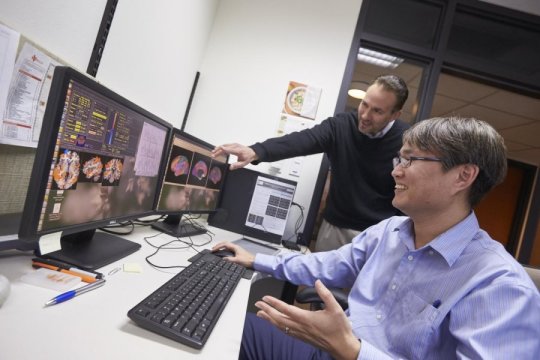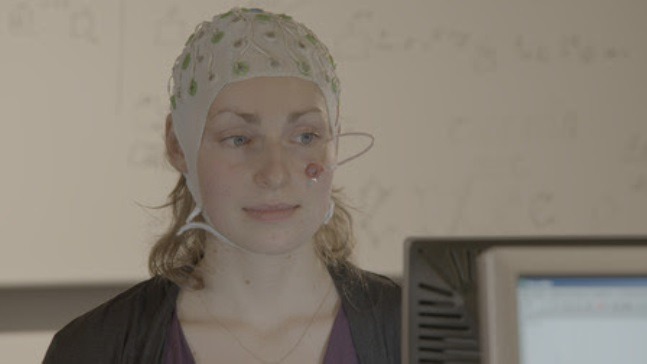Posts Tagged ‘medical research’
How to read, understand and write great medical research
These excellent tips are kindly shared by RK Sharma and HL Ogle, two medical students at the University of Exeter, aiming to clear up many of the inaccurate assumptions of how difficult publishing is and provide a clear guide for students to begin their own writing journeys. #1. Find your why: Evidence-based medicine means that…
Read MoreUT Dallas researcher secures $2.7m grant to better monitor and address TBI-related cognitive and functional deficits
Scientist Gets Grant for Study of Veterans with Traumatic Brain Injuries (UT Dallas release): A researcher from the Center for BrainHealth at UT Dallas has been awarded a $2.7 million grant from the Department of Defense (DoD) under the Joint Warfighter Medical Research Program. The grant, awarded to Dr. Daniel Krawczyk, deputy director of the…
Read MoreAnticipating the Privacy and Informed Consent issues of the Neurotechnology Era
In conjunction with the new National Geographic program “Breakthrough: Decoding the Brain,” coming this Sunday, November 15, at 9 pm ET, I was asked to provide my perspective on a very provocative question: What if scientists were able to implant or erase memories? For some, like those suffering from PTSD this could be life-changing, or do you…
Read MoreUpdate: Innovation to Upgrade Brain Care
Here you have the July edition of our monthly eNewslet ter covering cognitive health and brain fitness topics. Please remem ber that you can subscribe to receive this free Brain Fitness eNewsletter by email, using the box in the right column. Technology to upgrade brain care: In this extensive interview, Dr. John Docherty helps connect the…
Read More


